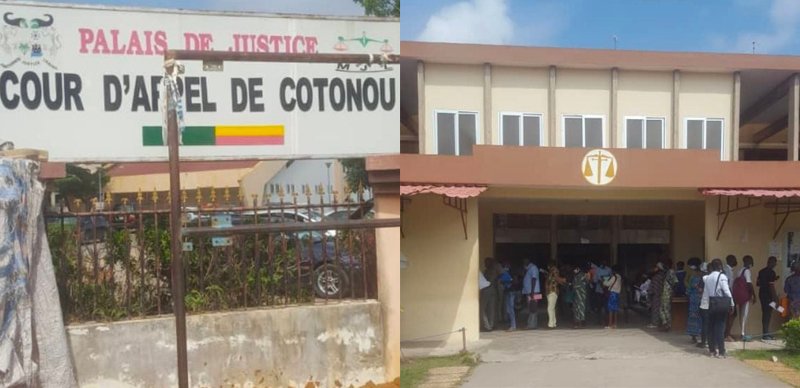Things you should know about prosecution and judgment in the Republic of Benin
This article examined the multifaceted dimensions of the condition for the detention of the Benin Republic and their Administrative structure.

Over the last couple of years, justice systems across the African continent have been at the core of a number of “good governance” reforms (Rubbers and Gallez 2015, Comaroff and Comaroff 2006). Focusing on the main actors of the judicial process.
This article examined the multifaceted dimensions of being a magistrate in the Republic of Benin, Prosecuting and judging in the Republic of Benin
HISTORICAL BACKGROUND OF BENIN REPUBLIC AND THEIR DEMOCRACY
The historical background of Benin, especially the experience of French heritage, colonial justice and socialism had a lasting influence on the justice system, on the magistrates’ careers and on their relationship to the state. All of these political regimes had a very strong executive.
Since the democratic renewal in 1990 and the development of the Beninese “model democracy”, the shape of the political debate has changed. While older judges supported the state, did not wish to be too political and did not march on the streets, younger ones identify with global norms such as the “rule of law” or “judicial independence” and are more militant in their fight towards these.
Unlike other striking sectors in the country, magistrates use their expert knowledge of the law to advance their cause and to formulate their concerns to the government.
Even if their personal and material working conditions are sometimes considered insufficient, this paper also shows that Beninese judges and prosecutors still manage to do a job that they are proud of: we often heard phrases such as “On se débrouille” or “On.
BENIN REPUBLIC CORRUPTION
In Benin, corruption has been at the centre of a number of public debates: special commissions were created, seminars organised, and various reports described the importance of the phenomena in different public services. When it comes to the justice system, the case of criminal justice fees has brought the issue into the sphere of public debate and is still frequently mentioned by both ordinary citizens and legal professionals when talking about the justice system.
The scandal broke in 2001: for the last four years, magistrates, bailiffs and secretaries had been misappropriating public funds.
ADMINISTRATIVE, JUDICIARY AND LEGISLATIVE STRUCTURE OF BENIN REPUBLIC
The principle of separation of powers is the basis of the institutional framework of Benin. Legislative power, consisting of the National Assembly is composed of only one chamber of 84 deputies; their mandate is to vote laws, and check the government’s actions Executive power is led by the President of the Republic. He is elected for 5 years, renewable once; he executes the laws and promotes governmental actions. The judiciary is made up of courts and tribunals of common rights (which are conciliation courts, first instance tribunals and appeals courts, competent for all matters at the appeals level), the Supreme Court (the equivalent of the cassation court), the High Court of Justice (a political court, competent to judge members of government for offences committed during their mandate) and the
Constitutional Court.
The Constitutional Court checks acts that may affect the fundamental rights and public freedoms of persons It is supposed to give its decision within fifteen days after the filing of a complaint concerning a law violating human rights.
However, if so requested by the government, in case of emergency, this may be shortened to eight days. In that case, referral to the Constitutional Court defers the promulgation of the law The Constitutional Court, at the request of the President or a member of the National Assembly, gives opinions on the conformity of law to the Constitution before its promulgation. The Constitutional Court, following the request of the President of the Republic or of any member of Parliament, gives its view on any law before their entry into force. It reacts automatically on the regularity of any laws or statutory texts affecting human rights and fundamental freedoms.
Broadly speaking, it gives its decision on any human rights violations within the period of eight days.
CONDITION FOR DETENTION
Conditions of detention in prisons in Benin are in violation of the minimum standards. Despite frequent criticism from human rights associations at both the national and international levels and by supervising bodies (including a
voluminous report from the African Human Rights Commission on the horrible conditions of detention in prisons in 2001), no progress has been made.
